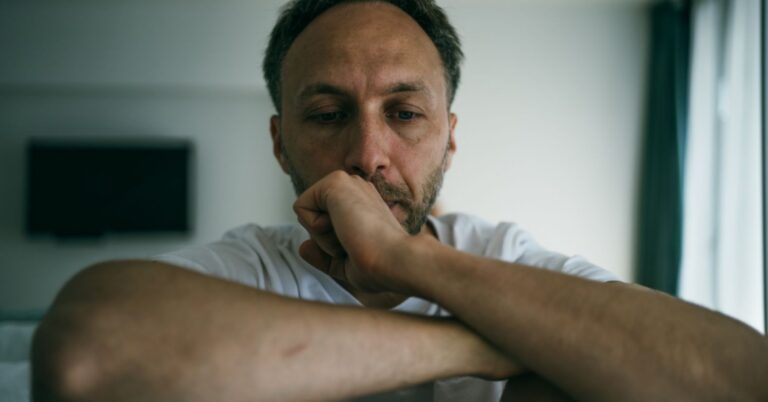
Source: Sarah Pictures / Pexels
Does uncertainty make you uncomfortable and anxious? Do you find yourself dwelling on something hoping that you’ll be able to finally get the answer and gain certainty? One of the key features of both worry and rumination is the intolerance of uncertainty. For example, you visit your doctor, and she says, “You seem to be quite healthy, and I cannot find anything wrong.” For a short time, you are relieved, but then your mind starts going down the rabbit hole. You think, “Did she do all the tests that she could have done? ” “Are these tests 100% accurate?” You are now on Google surfing for every test that can be done for cancer. And you are anxious because she only did one test.
Or perhaps you have a test at school coming up and you’re not quite sure if you’re prepared. You think, “I know I’ve done the reading and attended the lectures, but I’m sure there are things I don’t know.” And because it’s always true that there are things you don’t know, you conclude you won’t do well on the test. Your anxiety hijacks you.
Why Does Uncertainty Bother You?
People who suffer from an intolerance of uncertainty will often treat uncertainty as an indication of a bad outcome. It’s almost like a default option: “If I don’t know for sure, then it’s probably bad.” This kind of intolerance of uncertainty shows up when you worry about your health, the safety of your children, your finances, your job, or even your safety. For example, even though the chances of being killed in a commercial airline crash in the United States are almost zero, you might say, “Well, it’s still possible. I could be the one.” This is what we call “probability neglect.” In other words, you ignore the probability and focus on the possibility. But, because anything is possible, you are upset about highly unlikely possibilities.
You may equate accepting uncertainty as a sign that you are irresponsible. So, if there is a .000001 chance of something terrible happening, you think that accepting that is a moral failing. “What kind of person wouldn’t do everything they could to make sure it will be safe?” But the problem with this is that there is no certainty in an uncertain world. Being responsible is not the same thing as being obsessive. Being responsible is accepting what a reasonable person needs to accept to get to the airport and fly to your destination.
You might think, “Well, all of this may be true, but I am simply unable to accept uncertainty.” But that is almost definitely not true. Almost every hour of the day there is something that you are uncertain about. This could be driving your car, crossing the street, eating food in a restaurant, having a conversation, watching a film, or even reading a blog post on uncertainty. If you were unable to accept uncertainty, then you wouldn’t be able to get out the door.
Or you might fear surprise. This is your fear that suddenly the unexpected will happen and it will be devastating. But surprise is not always bad. Think of positive things that have happened that you didn’t expect. And if you fear surprise but know that you can never gain certainty, how will searching for something you won’t get that makes you anxious help you cope with real problems?
Failing Attempts to Gain Certainty
You might search for certainty by going on Google and looking up symptoms or disasters. You think that the more information you get, the more certainty you will have… and then you can relax. This is called doom scrolling. This is like going into a file filled with fear and concluding that the world is a dangerous place. If you feel a pain in your back or maybe some indigestion, you think, “Well, I don’t know for sure that I’ll be OK” and you then conclude that you have a dreaded disease. Searching for problems creates more problems.
Or you keep asking for reassurance. But, even when you get reassurance, you reject it because you then conclude that the only reason somebody is reassuring you is that they feel sorry for you. Or you conclude, “They don’t know for sure anyway, so how good is the reassurance?” The more you seek reassurance, the more reassurance you will need.
The Bottom Line
The bottom line is that there is no uncertainty in an uncertain world. We live in a world where we play the odds and must recognize that bad things out of our control can happen. Focusing on finding certainty will send you down a wind tunnel of anxiety. It’s better to avoid the tunnel, consider the odds—not the possibilities—and make the best of the present moment. Accepting uncertainty and accepting that you don’t have complete control can help you cope with your anxiety.


















+ There are no comments
Add yours